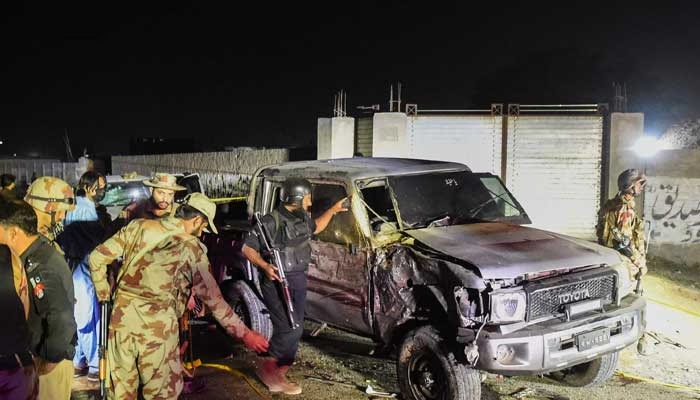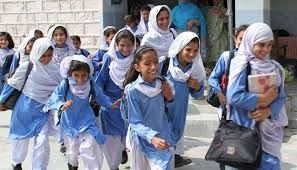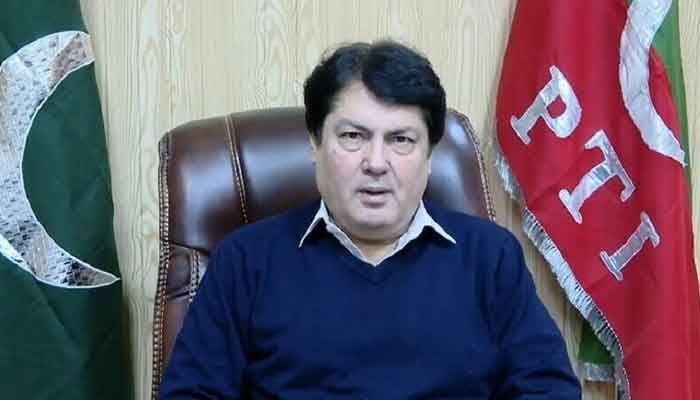The recent suicide blast in Quetta during the Balochistan National Party (BNP) rally has once again highlighted the fragile security situation in the province. According to official reports, the death toll from the attack on Quetta’s Sariab Road has risen to 15, while 38 others sustained injuries, many of whom remain under critical care. Authorities have described the incident as yet another grim reminder of the persistent threat of terrorism that continues to haunt Balochistan.
Rising Toll from the Suicide Blast in Quetta
Balochistan Health Minister Bakht Muhammad Kakar confirmed that out of the 38 injured, eight are still undergoing treatment at the trauma center. Despite tight security measures, the suicide bomber managed to detonate explosives close to the BNP rally venue. Officials later clarified that the attacker could not enter the main rally site, which helped reduce the scale of destruction.
According to Additional Chief Secretary (Home) Hamza Shafqaat, the bomber carried eight kilograms of explosives. He noted that the rally had already concluded 45 minutes before the explosion, preventing what could have been an even larger tragedy.
Government’s Response to the Suicide Blast in Quetta
The suicide blast in Quetta drew strong condemnation from the highest levels of government. President Asif Ali Zardari expressed grief over the loss of lives, offered condolences to the families of the victims, and directed authorities to ensure a comprehensive investigation. Prime Minister Shehbaz Sharif also denounced the attack, calling it a cowardly act and damning evidence of terrorists’ conspiracy to destabilize Balochistan.
The premier emphasized that terrorists remain enemies of peace and development in the province and reiterated that the war against terrorism will continue until the menace is completely eradicated.
Counter-Terrorism Department Action
The Counter-Terrorism Department (CTD) has registered a case against unidentified individuals under charges of murder, attempted murder, and terrorism. Authorities have taken the remains of the bomber for forensic analysis to help identify the network behind the attack.
The suicide blast in Quetta comes at a time when security agencies are already grappling with rising threats across Balochistan and Khyber Pakhtunkhwa. Officials revealed that 22 individuals, including suspected suicide bombers, have recently entered Balochistan, raising fears of further violence.
Broader Security Context in Pakistan
The suicide blast in Quetta is part of a disturbing trend of rising terrorist incidents across Pakistan. A report by the Pakistan Institute for Conflict and Security Studies (PICSS) revealed that the country witnessed 78 terrorist attacks in June 2025 alone, resulting in at least 100 deaths and 189 injuries. Out of these fatalities, 53 were security personnel and 39 were civilians.
These figures highlight the continued challenge faced by law enforcement agencies in curbing terrorism despite years of military operations and counter-terrorism strategies.
New Protocols After the Suicide Blast in Quetta
Following the Sariab Road incident, the Balochistan administration announced stricter measures to safeguard public gatherings. Officials stated that no rallies or political gatherings will be allowed after sundown due to heightened risks. The BNP rally itself had exceeded its allotted time, which further complicated security arrangements.
Authorities also urged political parties to take official security warnings seriously. Hamza Shafqaat stressed that repeated requests had been made to BNP organizers to conclude the rally earlier, but they continued beyond the scheduled hours.
Implications for Balochistan’s Political Climate
The suicide blast in Quetta is not just an isolated act of terror but also a blow to the political environment in the province. Political rallies play an essential role in democratic expression, yet they remain vulnerable to exploitation by militant groups seeking to disrupt peace and stability.
The incident may also impact upcoming political activities, as stricter regulations could limit public engagement and campaigning. Balancing democratic freedoms with security imperatives remains a complex challenge for provincial authorities.
The Way Forward
The tragic events on Quetta’s Sariab Road underscore the urgent need for stronger counter-terrorism coordination, intelligence sharing, and stricter implementation of security advisories. While the government has reaffirmed its commitment to fighting terrorism, incidents like the suicide blast in Quetta reveal loopholes in the enforcement of safety protocols.
Equally important is addressing the underlying causes of extremism in Balochistan, including socio-economic disparities and political marginalization. Security operations alone cannot provide a lasting solution unless they are complemented by inclusive development policies and genuine efforts to integrate marginalized communities into the national mainstream.
The suicide blast in Quetta has left a deep scar on the people of Balochistan and the nation at large. With 15 lives lost and dozens injured, the tragedy reflects both the resilience of terrorism in the region and the challenges ahead for Pakistan’s security apparatus. As authorities intensify counter-terrorism operations and introduce stricter safety measures, the real test lies in ensuring that the people of Balochistan can exercise their democratic rights without fear of violence.



